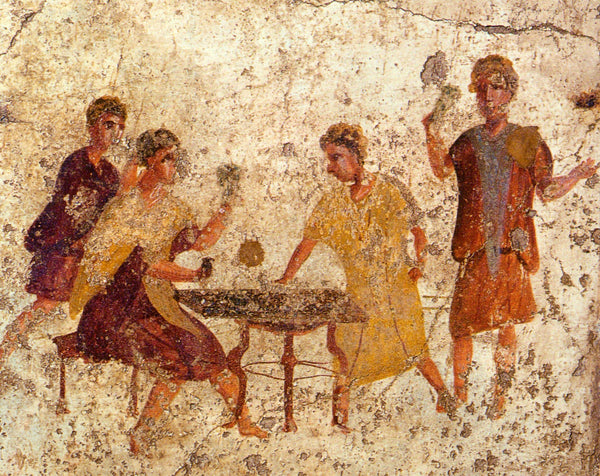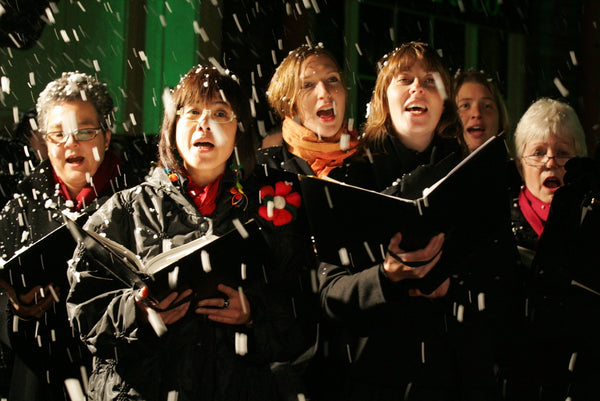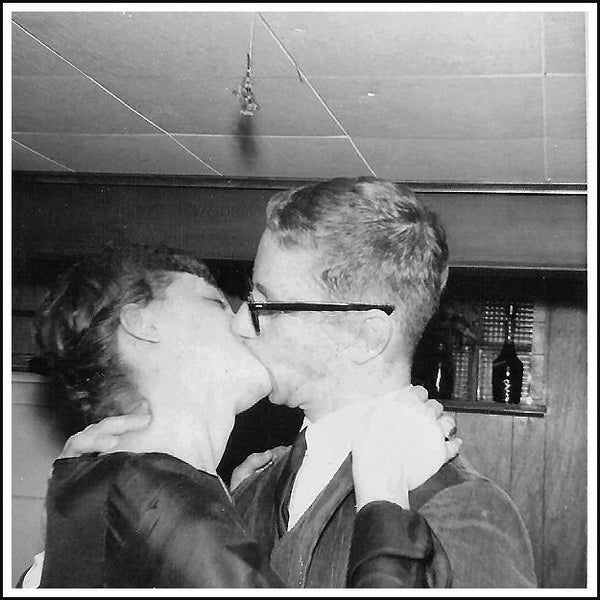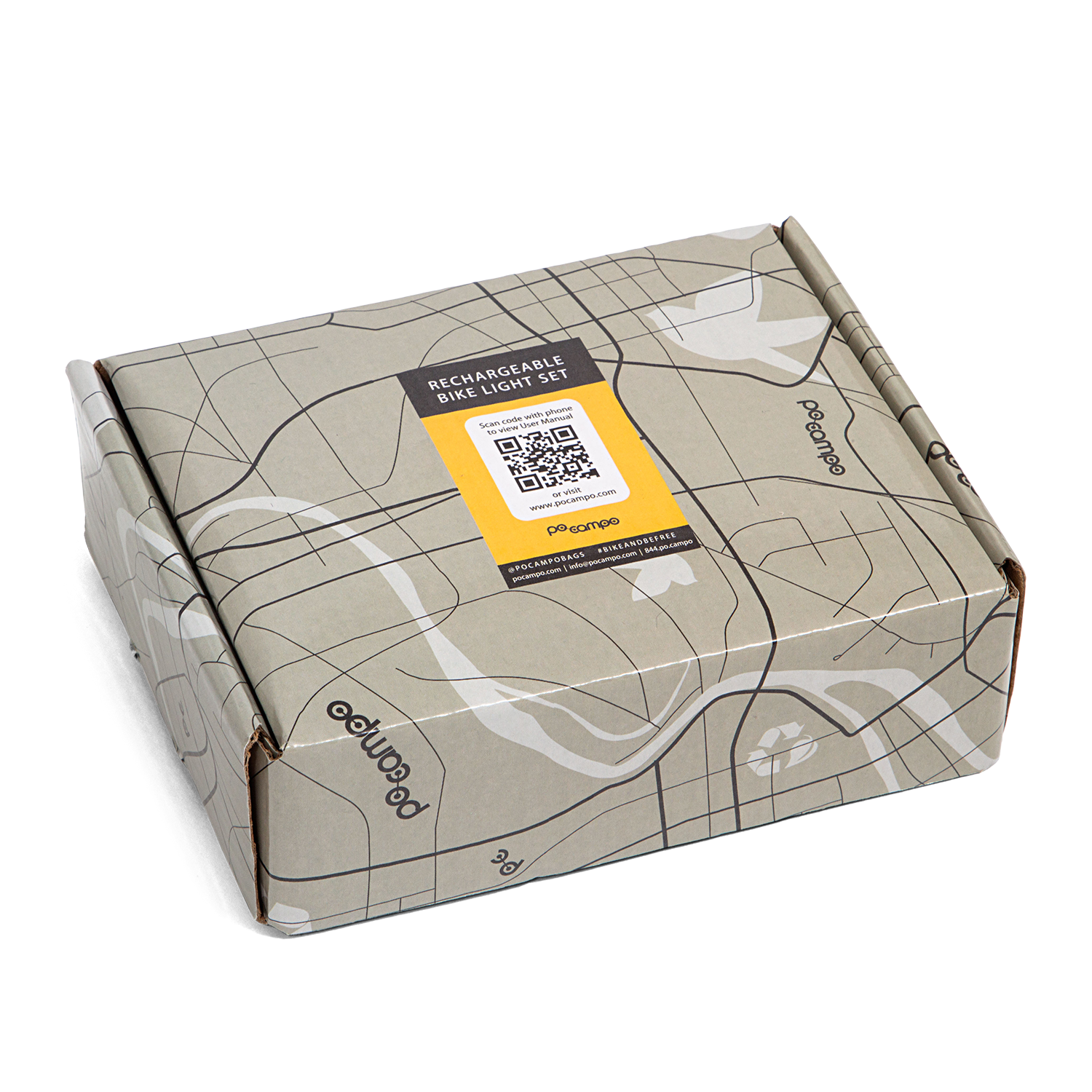It’s that time again; sleigh bells are ringing, gifts are being wrapped in sparkly paper, and snowmen are popping up like crocuses in spring. The holidays are one of the cheeriest times of the year, embedded with cozy traditions both ancient and considerably more recent in origin. Here’s a little history of Christmas traditions to bring out when someone asks at that third Ugly Sweater party this December.
 (Source)
(Source)
Christmas, Itself:
Let's start the history of Christmas traditions with Christmas itself. You might easily assume that the Christmas celebration starts with the Judeo-Christian bible’s depiction of the birth of Jesus, but sadly, you’d need to take your Frankincense and go if you guessed that in a trivia contest. In fact, what most people celebrate as Christmas is an extension of the much older pagan holiday, Saturnalia.
Held in honor of the god of Agriculture, this ancient Pagan holiday- complete with a gift-giving component- was co-opted by the Christians as they sought converts in the second and third centuries. “Give up your Gods, but keep your Christmas party” probably was a great advertising slogan of the day.
Mistletoe:
This prickly plant remains a bit mysterious to Christmas scholars when thinking about the history of Christmas traditions. Originally, it was hung in the house during the winter because it was believed to have a protective power against fire and storms- both more likely in the winter. The real question is, how did it become associated with kissing? Some theories link it to a Norse legend about the Godess Frigg, who asked all the plants and beasts of the earth never to harm her son, Baldur, thus making him invincible. She unfortunately overlooked the humble mistletoe, which was then used to slay her son. Heartbroken at her mistake, Frigg vowed to kiss any person who walked under the mistletoe as a penalty for her misdeeds. Now, how's that for a surprising history of Christmas traditions!
 (source)
(source)Caroling:
When discussing the history of Christmas traditions, we can't leave out our beloved Christmas carols. Christmas carols date back to the religious hymns of the medieval Christian churches, but why do we feel a need to go tromping around from house to house, singing them at our neighbors? Our modern habit of going caroling dates back to the tradition of wassailing. This Anglo-Saxon tradition of the middle ages allowed feudal peasants to go the homes of their masters, and, in return for singing, be given food and drink. Of course, this peaceful custom could get a little rowdy, as the drinks tended to be rather alcoholic, and the master who refused his peasants was likely to be cursed or even attacked. Let this be a lesson to you when caroling: save the hot buttered rums until after you get home!
Whatever your own Christmas or holiday traditions are, knowing the history of Christmas traditions can give you an extra appreciation for the things that make you feel at your most spirited during this time of year. We hope this little history lesson will inspire you to seek out the origins of your holiday traditions, whatever they are, and wish you a very Merry Christmas this year!


































